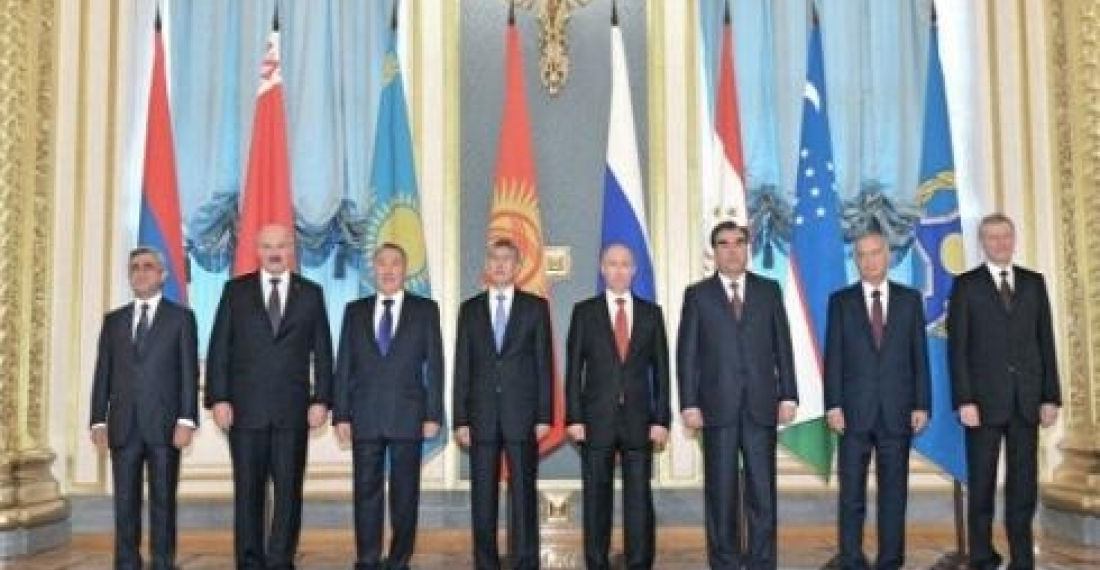Российские СМИ сообщают, что Узбекистан вышел из Организации Договора о коллективной безопасности (ОДКБ). Российская газета "Коммерсант" первой сообщила об этом (в пятницу 29 июня) в сегодняшнем номере. "Коммерсант" сообщает, что этот шаг, скорее всего, откроет путь Узбекистану к развитию отношений с Соединенными Штатами в военной сфере.
Узбекистан возражает против "стратегических планов ОДКБ по Афганистану" и "планов по повышению военного сотрудничества между государствами-членами ОДКБ" - сообщает "Коммерсант", ссылаясь на источники в МИД Узбекистана. Пока не ясно, есть ли другие причины того, почему страна Центральной Азии приняла решение оставить организацию, находящуюся под руководством России.
Остальные члены ОДКБ, созданного в 1992 году, являются Россия, Белоруссия, Армения, Казахстан, Кыргызстан и Таджикистан.
Уход Узбекистана из ОДКБ представляет собой препятствие для планов президента Путина по развитию сотрудничества с бывшими советскими республиками, что останавливает воссоздание СССР. Ранее правительство Армении указало на то, что у него нет планов по присоединению к Евразийскому экономическому союзу. Вчера президент Армении, Серж Саргсян, находился с визитом в Брюсселе, где обсуждал развитие отношений с Европейским Союзом. Тем не менее, Армения остается восторженным членом ОДКБ.
Источник: commonspace.eu по материалам КоммерсантЪ и РИА Новости
Фото: Главы государств-членов ОДКБ на одной из недавних встреч
Commentary
Узбекистан выходит из ОДКБ. Выход одной из Центрально-Азиатских стран из Организации Договора о коллективной безопасности является препятствием для планов Путина по Евразии.







